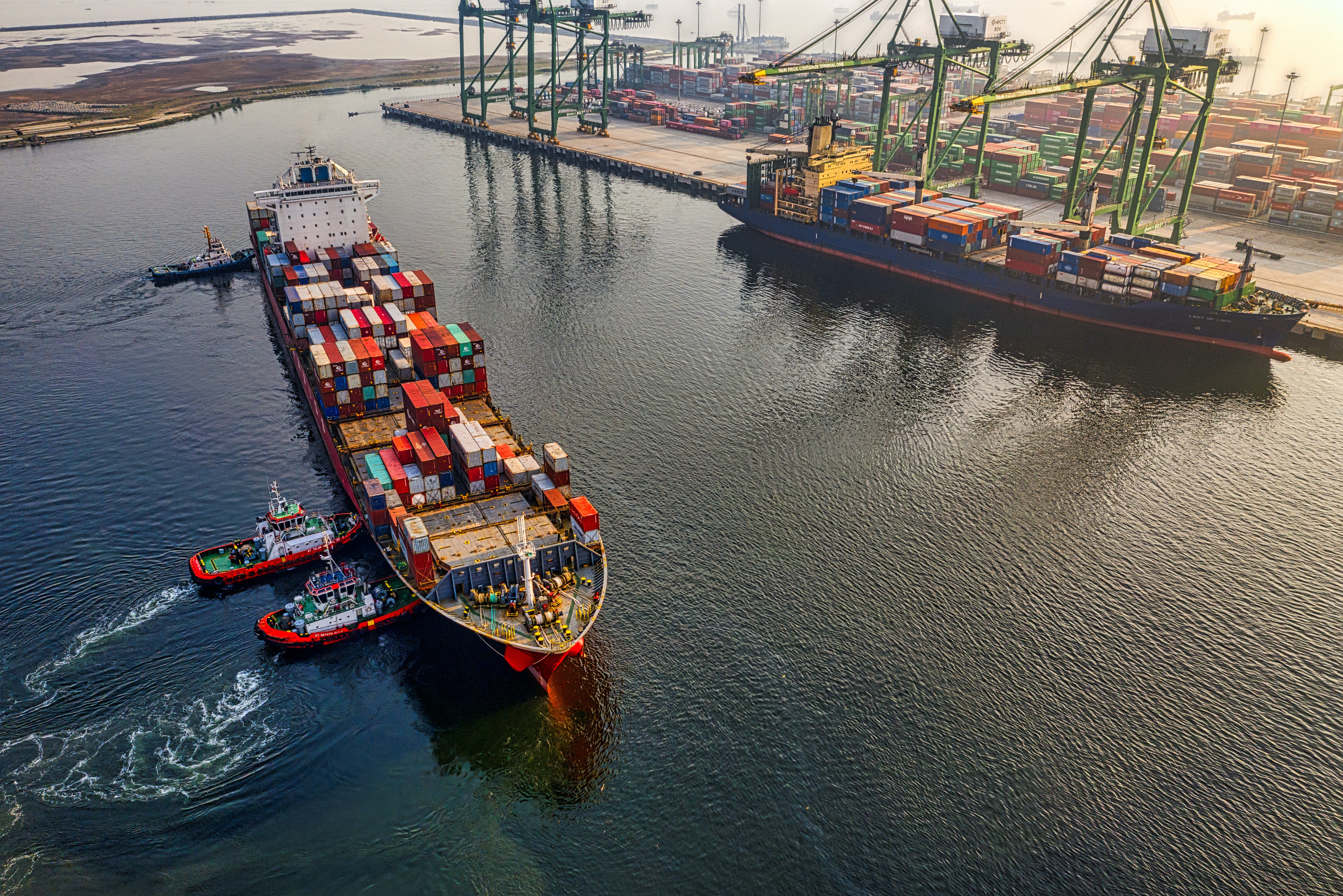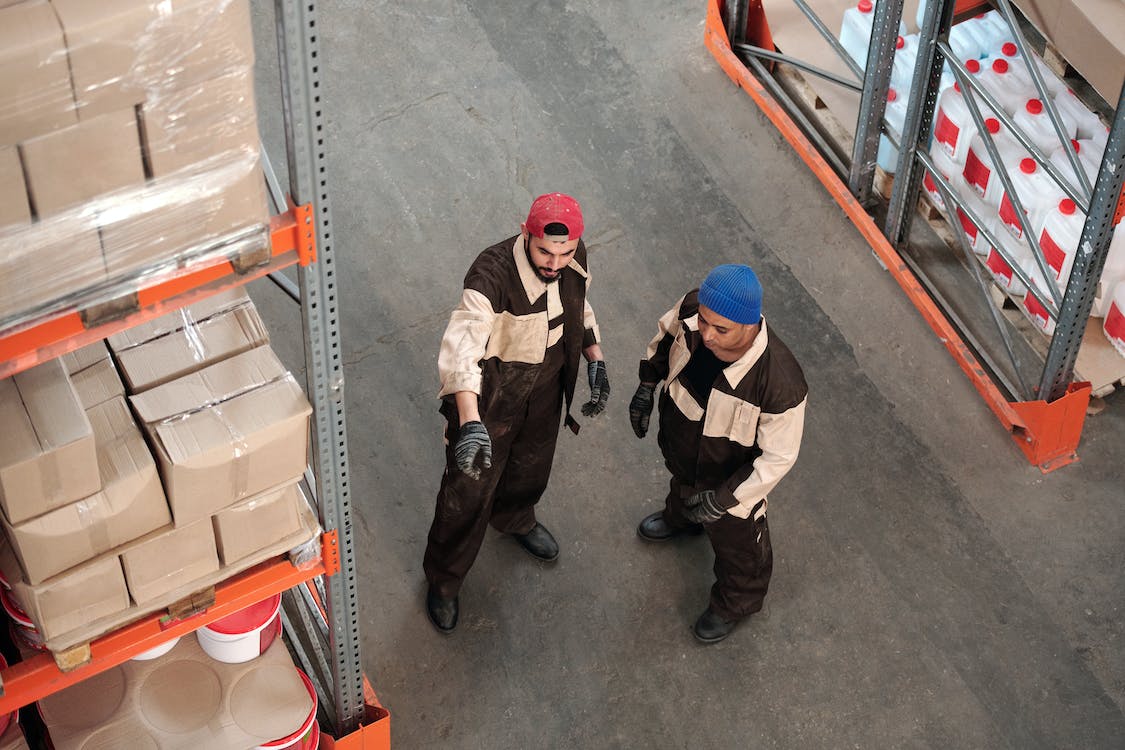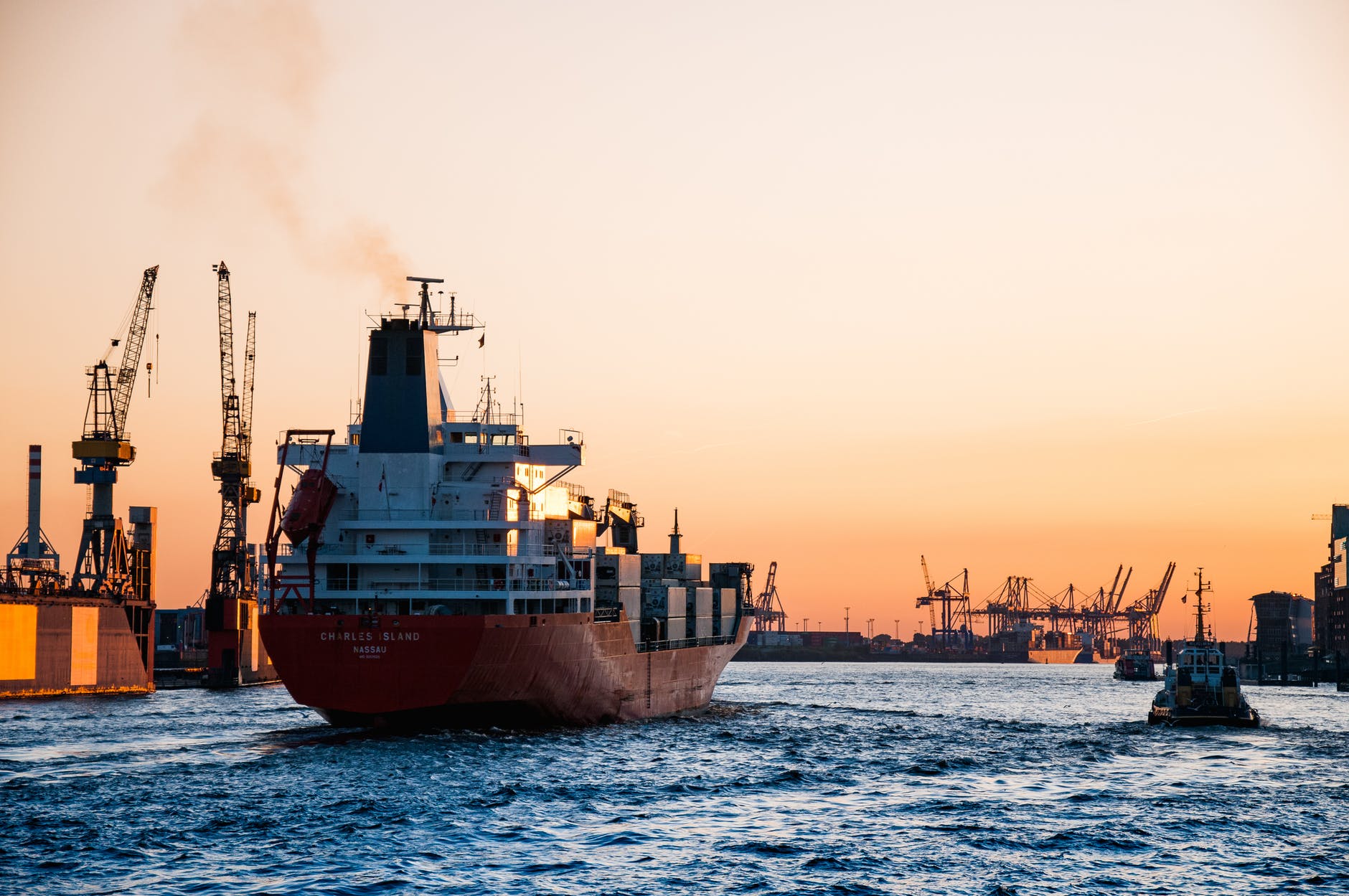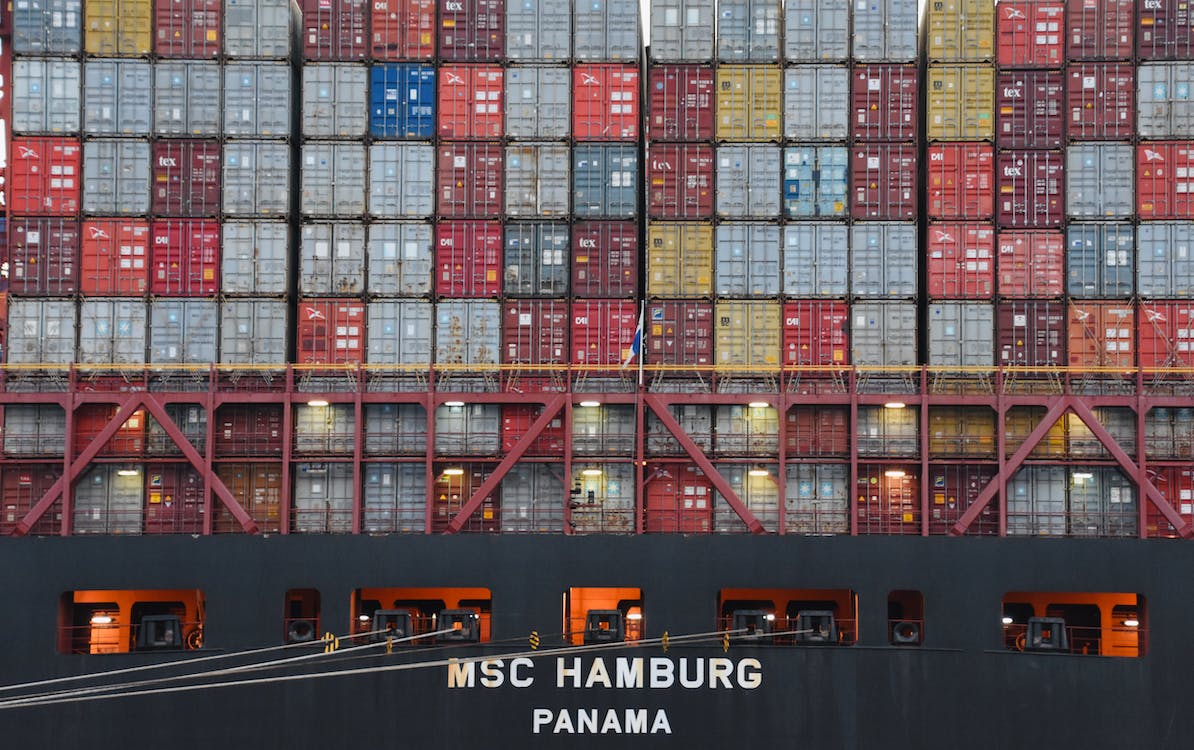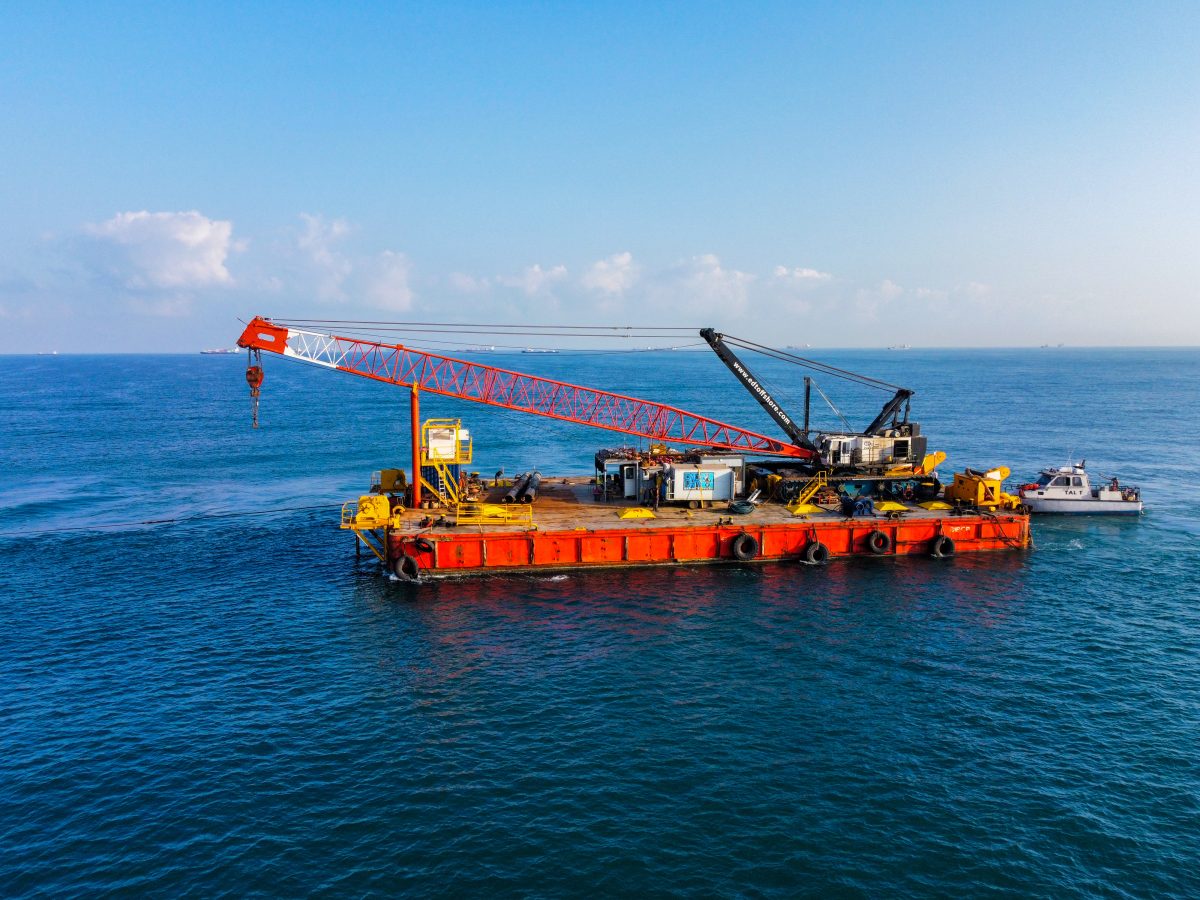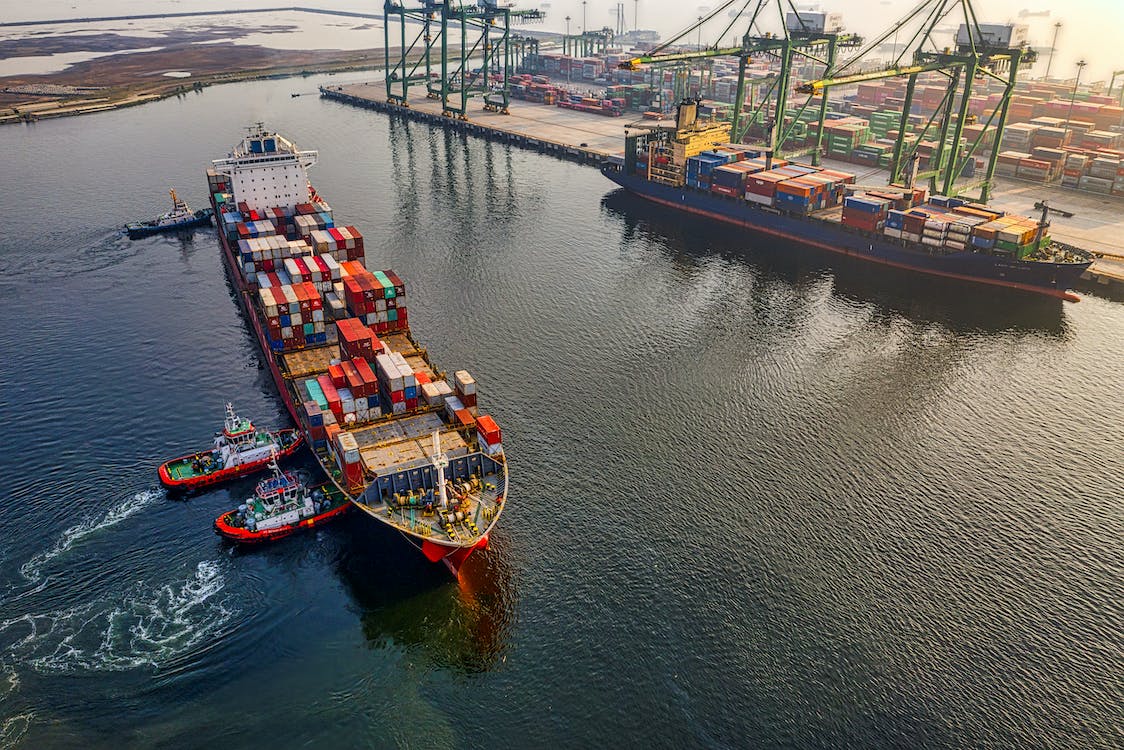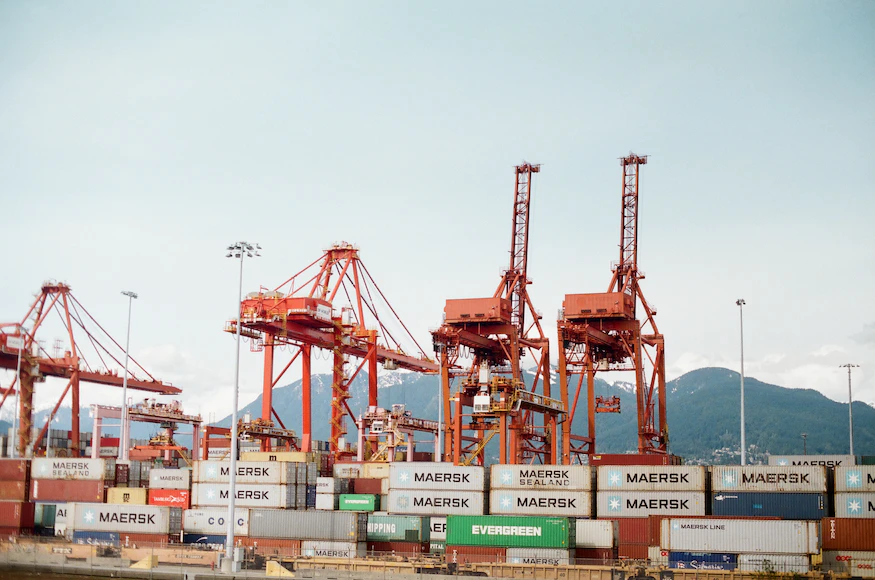Tips for Managing the Supply Chain of Your E-Commerce Business
Managing the e-commerce supply chain requires some important logistics skills, and this article will discuss the most critical of these. Regardless of the size of your business, it is essential to understand your entire business’s supply chain, including the components that are interconnected. The average e-commerce supply network is more complex than ever, and you need to be proactive instead of reactive. This means developing a predictive software solution to forecast demand and respond to it accordingly, similar to most recommendations that you will get from the most respected logistics company in the Philippines.

Identifying the Issues with The Supply Chain
Before you start your e-commerce supply chain, you should do a high-level process review. This can give you a comprehensive picture of the issues you need to address. In addition, this will help you to identify potential challenges and bottlenecks in your e-commerce supply chain. This will make your decisions easier and improve your business’s performance. Here are some helpful tips: (1) Determine what your customers want; and (2) Understand the challenges and benefits of each stage, and (3) consider hiring reading more about international freight forwarding.
Optimize your supply chain. Managing the supply chain will increase customer satisfaction and reduce operating costs. As you add items to your inventory, you must optimize your process to ensure that they arrive at their destination on time and in perfect condition. Typically, slotting is done at the SKU level. This is the wrong approach because it will lead to dead stock and negatively affect your business. By focusing on how much each step in the supply chain will cost, you’ll be better able to predict where each item will sell and when it will be delivered to customers.
Avoid duplicating processes. While duplicating processes can increase productivity, it is a common mistake for eCommerce startups. Many people end up with duplicated inventory, which increases their operational expenses. A good database administrator will be able to compare rates in seconds. If you can’t manage this, you can use a free-shipping rate calculator that will do the work for you. When it comes to cost, make sure to look for similarities between the two processes.
Proper planning and data collection are critical for e-commerce success. While it’s important to take care of inventory, capturing data will help your team focus on key metrics. This information is essential for e-commerce fulfillment and can be used as true north. It will provide a solid basis for your forwarding organization to manage your e-commerce supply chain. Aside from being the most critical component, the e-commerce supply chain will also benefit from a solid relationship with the customer.
A good e-commerce supply chain will include regular inventory audits and effective communication with customers. When it comes to delivery, consumers expect minimal delivery charges and zero human errors. In addition, a streamlined supply chain will help minimize the risk of damaged goods. This will also reduce your costs and make it easier for your customers to communicate with you. It will also help you avoid mistakes when dealing with third-party suppliers.
Excelsior Worldwide Freight Logistics conducts free orientation for those who are willing to learn. It is our advocacy to share our knowledge & experience worth more than a decade in the business. Visit our website today at www.excelsior.ph to learn more about our service.

